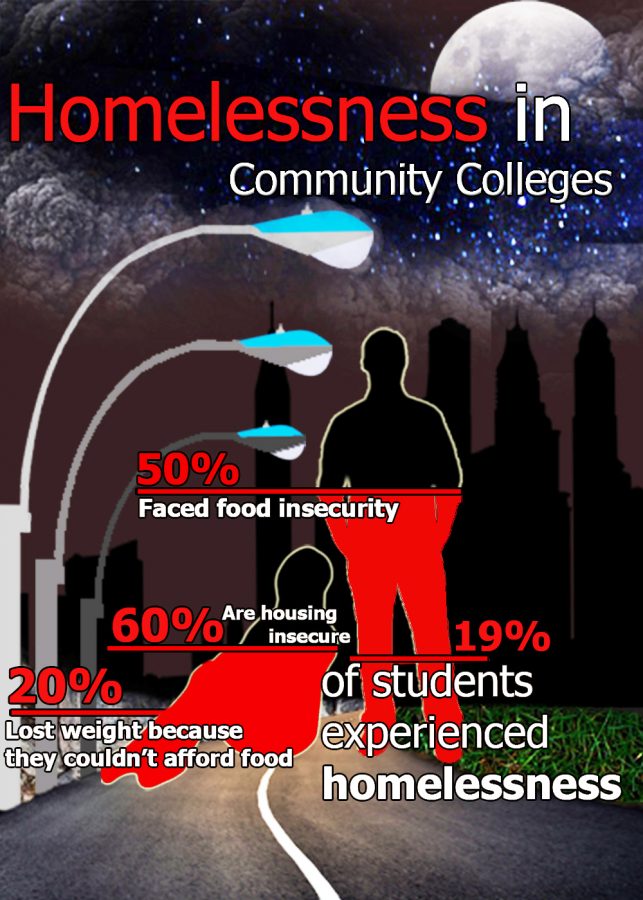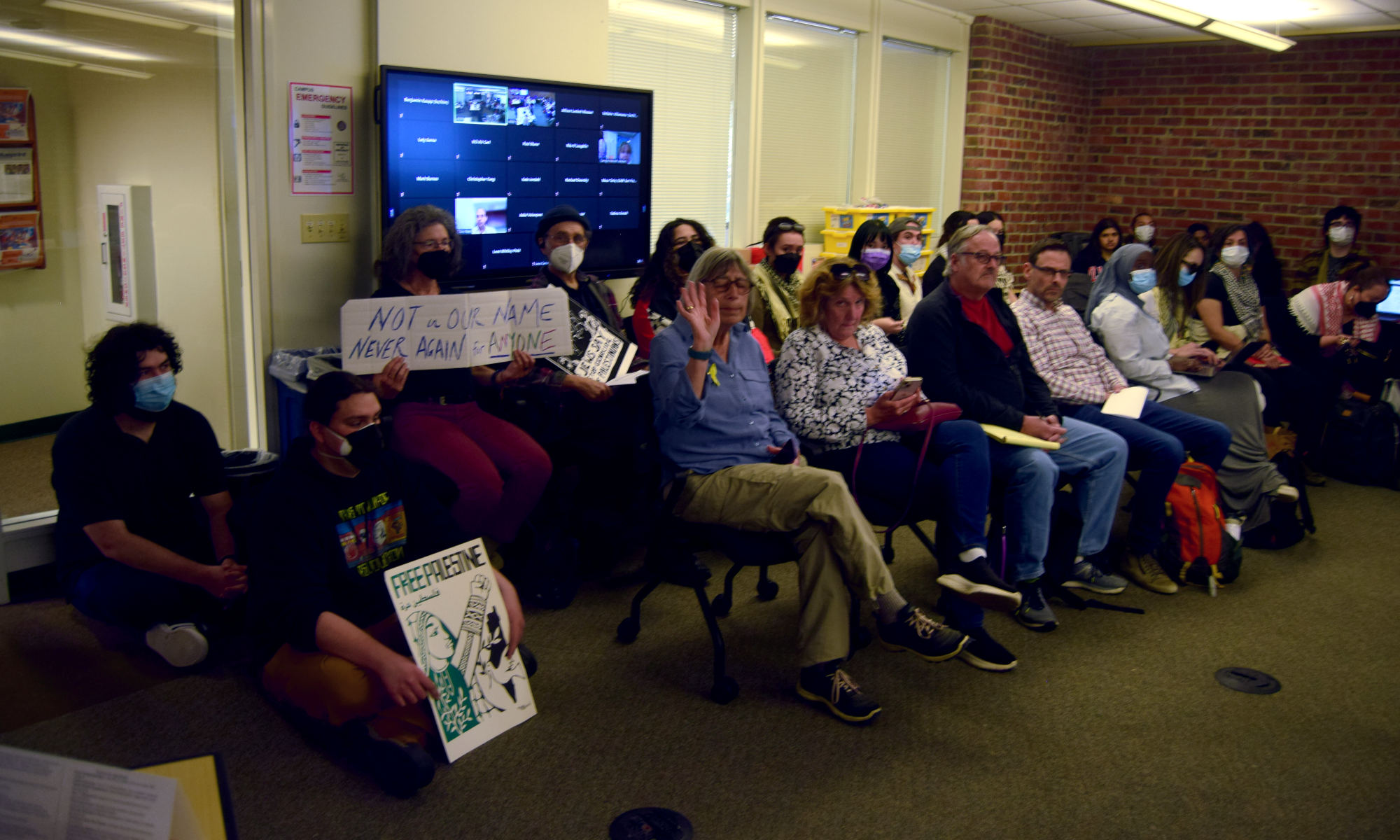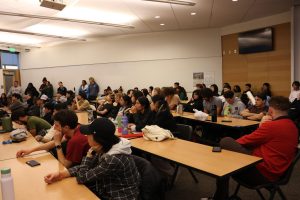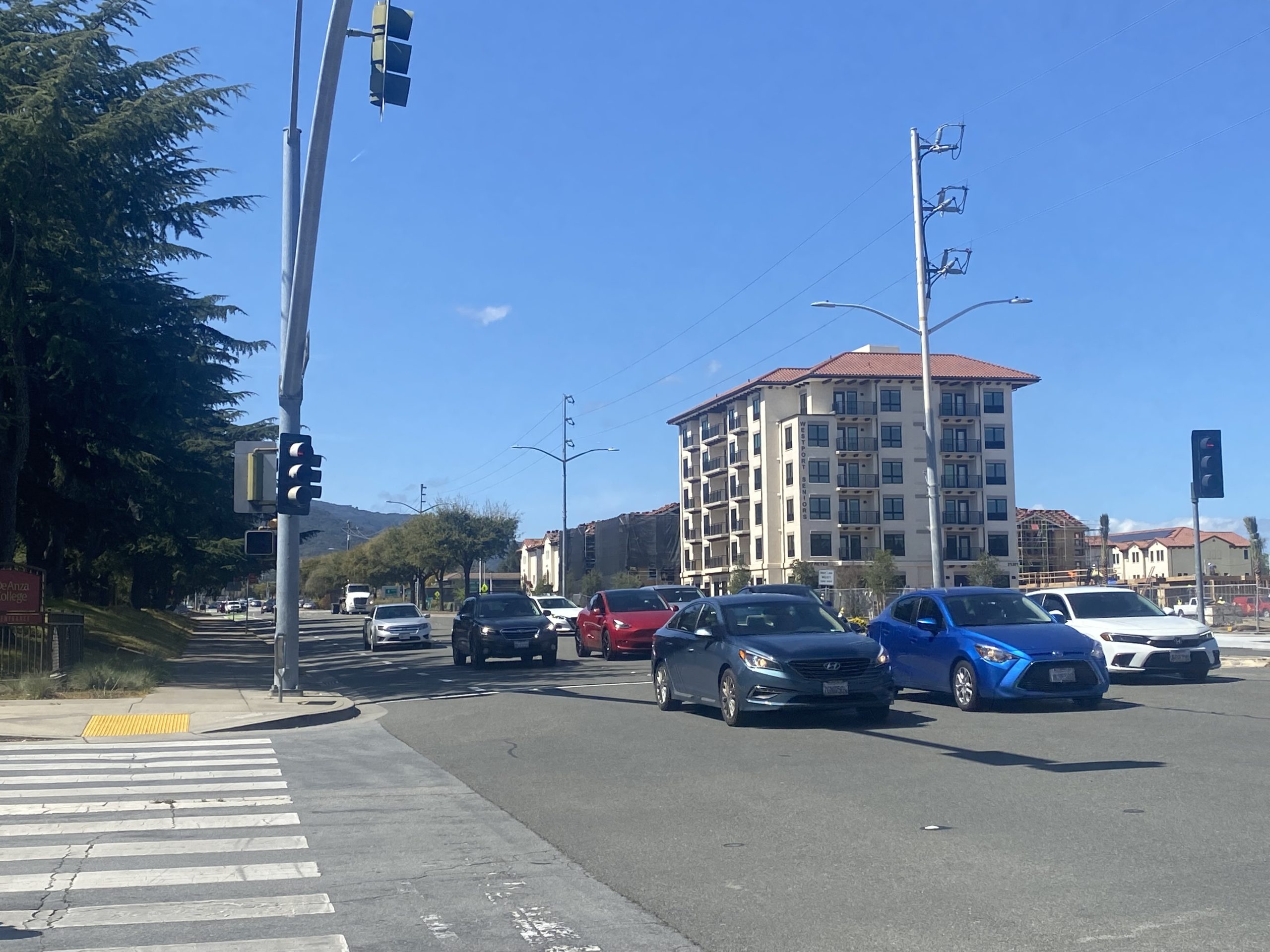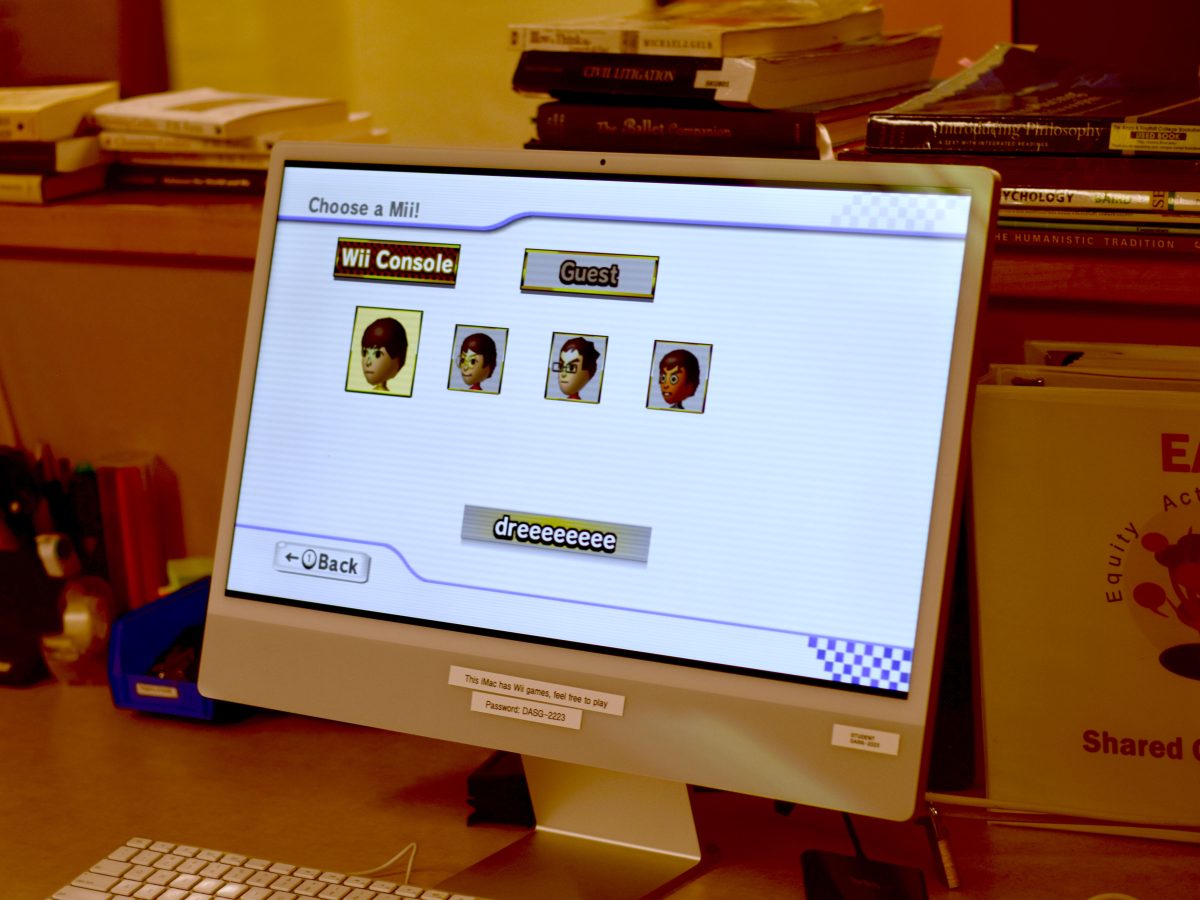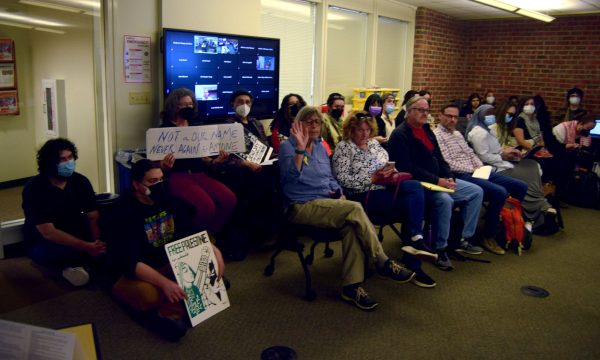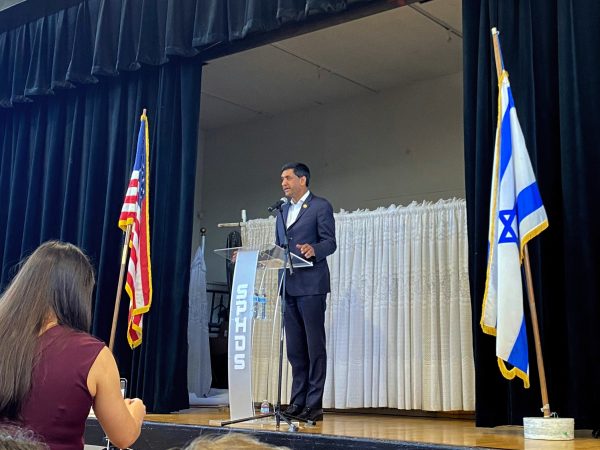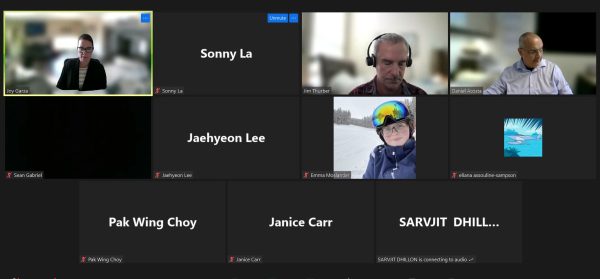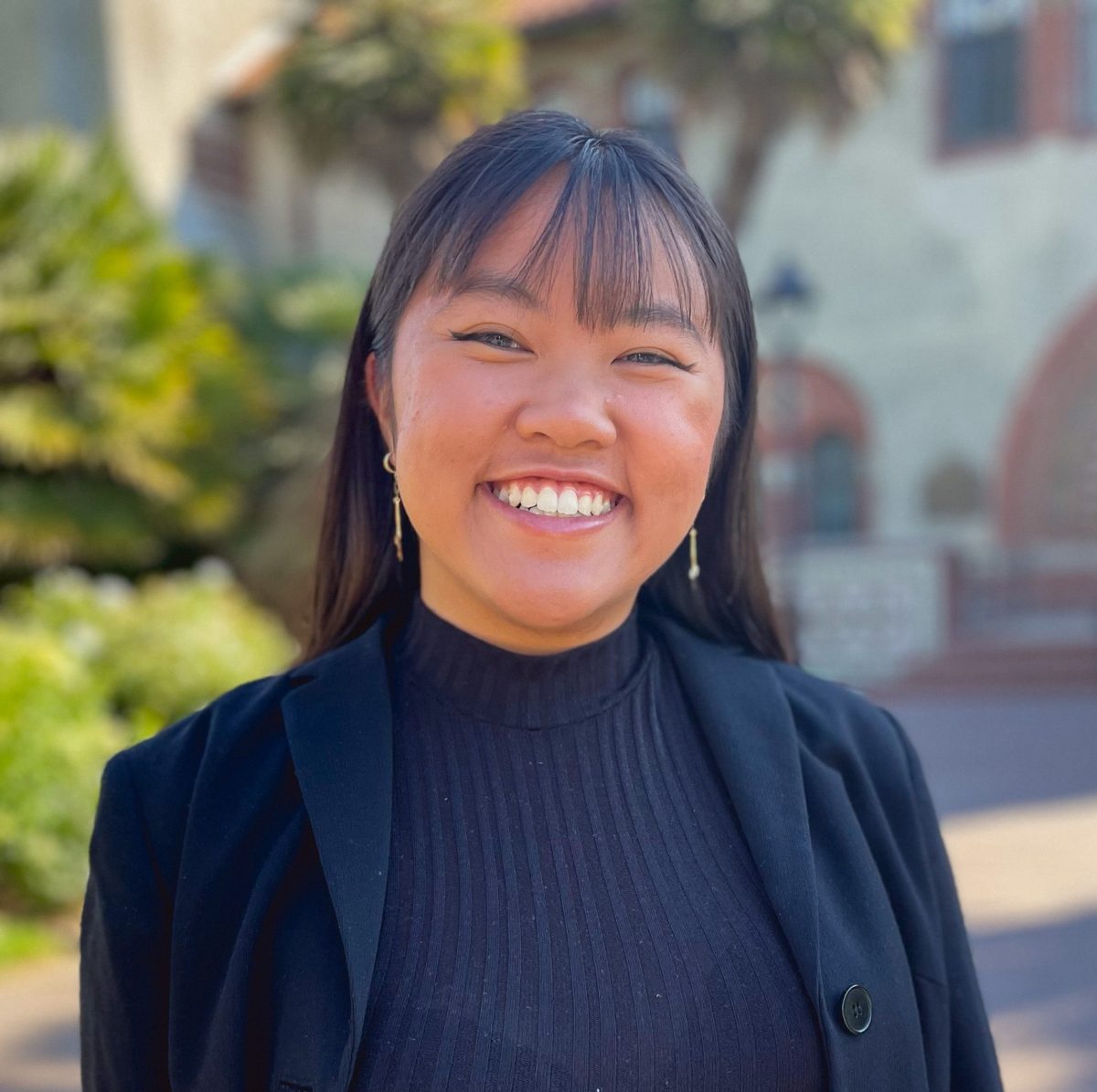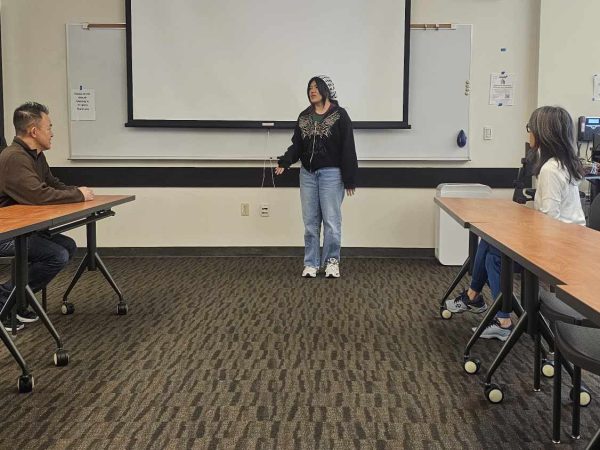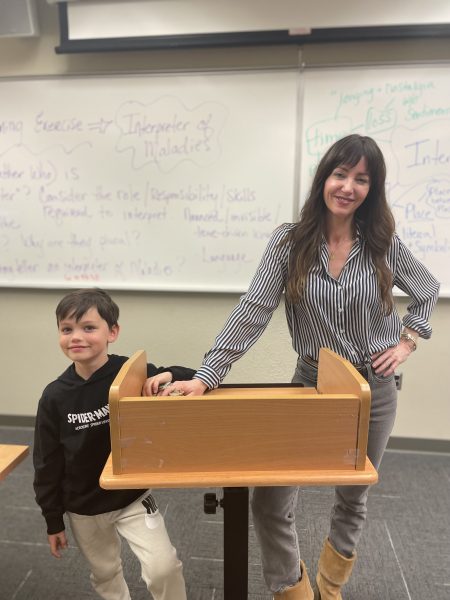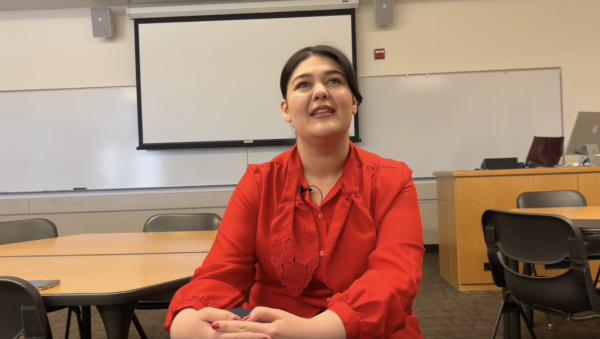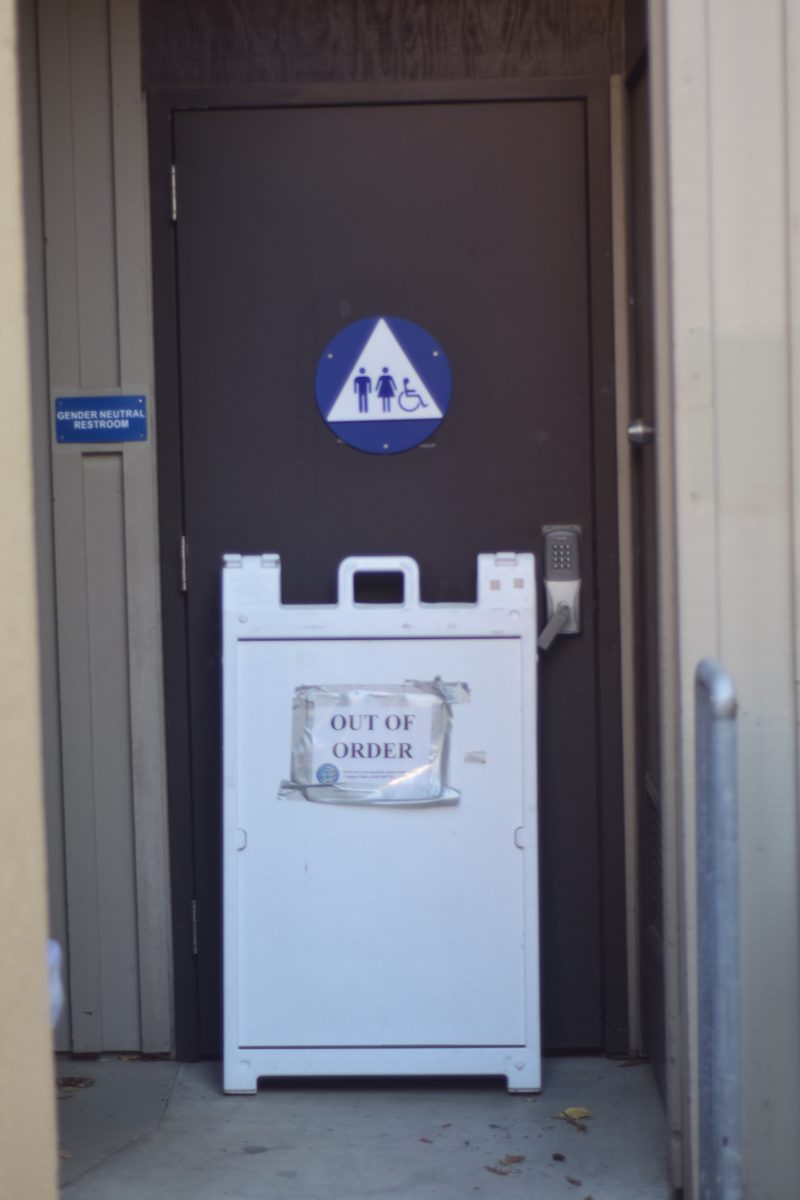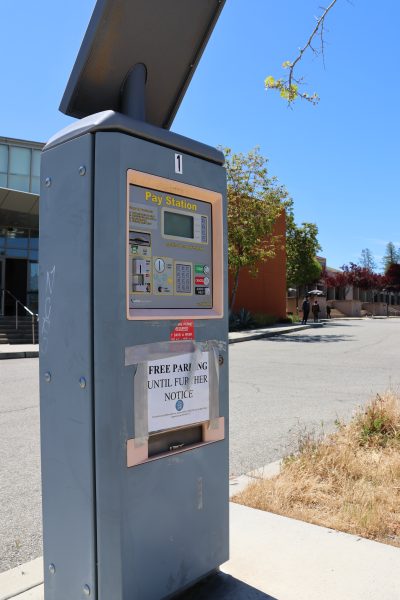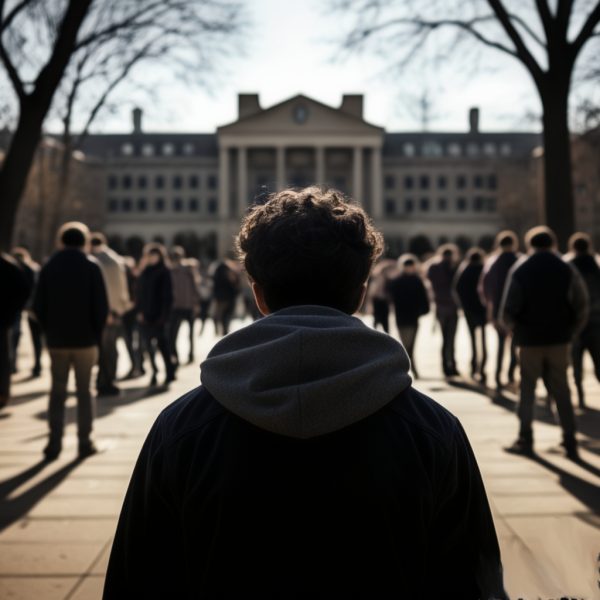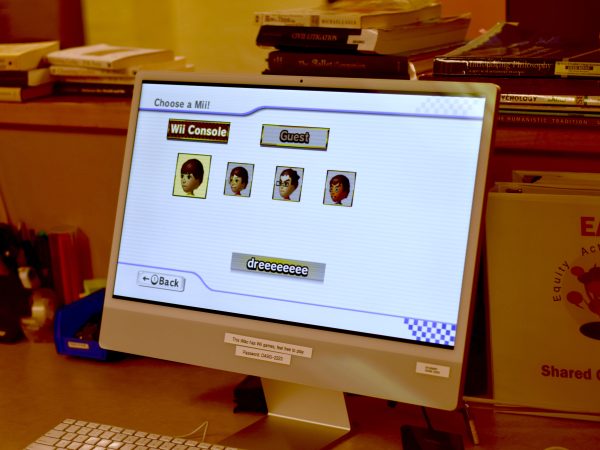Student homelessness and food insecurity rates high in California community colleges
April 30, 2019
Sarah Curcio, 22, biology major used to park and sleep in her car in front of her mother’s house. Her financial aid can cover her tuition, but not parking permits and textbook fees.
She is not currently enrolled in any classes at De Anza College because she needs to work three jobs to cover necessities.
“I have at least one student each quarter who told me that she wasn’t able to complete our assignments because she has housing insecurities, said James Nguyen, political science department chair.
AB 302, sponsored by California legislator Marc Berman, would require community colleges that have parking facilities to grant overnight access to any homeless student who is enrolled in coursework, has paid enrollment fees and is in good standing with the college.
The bill would require the governing board of the community college district to determine a plan of action to implement this requirement.
Nguyen said that 25 or 30 students from De Anza and Foothill College found out about Assembly Bill 302 as they were preparing to go to Sacramento for an advocacy and policy conference in March.
At the 2019 Spring Plenary Session, the academic senate for California community colleges supported AB 302.
The session recommended local senates work with their colleges and districts to identify a housing assistance representative as part of student support programs and services to help students locate emergency shelter and affordable student housing.
“We should be helping our most vulnerable students however we can,” said Karen Chow, academic senate president. “We have parking lots and facilities that could be purposed for this newly escalating and growing student need.”
“Homelessness is a real issue facing our students at De Anza, Foothill and throughout the entire state for that matter,” said Nguyen.
Students like Curcio who can not find a place to go or afford rent sometimes live in their cars.
“Adding cameras to the parking lot would really help with keeping students safe,” said Curcio. “I know being able to park here overnight would have helped me a lot.”
“I think it’s wonderful,” said Camden Ricci, 21, political science major. “I don’t see why we won’t implement, maybe security cameras, rotating shifts or night guards.”
Ricci said other community colleges were trying to implement similar security when they met in Sacramento.
Foothill-De Anza Chief of Police Danny Acosta said the idea to install security cameras in De Anza parking lots raises more questions than answers.
“But I think there needs to be a lot more conversation behind it,” Acosta said. “From my perspective, my concern is safety for everybody.”
Acosta said campuses are basically closed from midnight to 6 a.m. and safety services are unavailable at that time.
Nguyen said AB 302 does not directly address the housing crisis and other problems such as expensive rent, home prices and the lack of affordable housing.
“It provides a temporary solution for students who are currently living in their cars to be able to park somewhere that’s safe,” said Nguyen.
“For now, I’m just going to keep working at the job I’m working at, especially when things are settled,” Curcio said. “If I get promoted, or I have a steady income, I’m going to try to go back to school and probably take online courses.”



